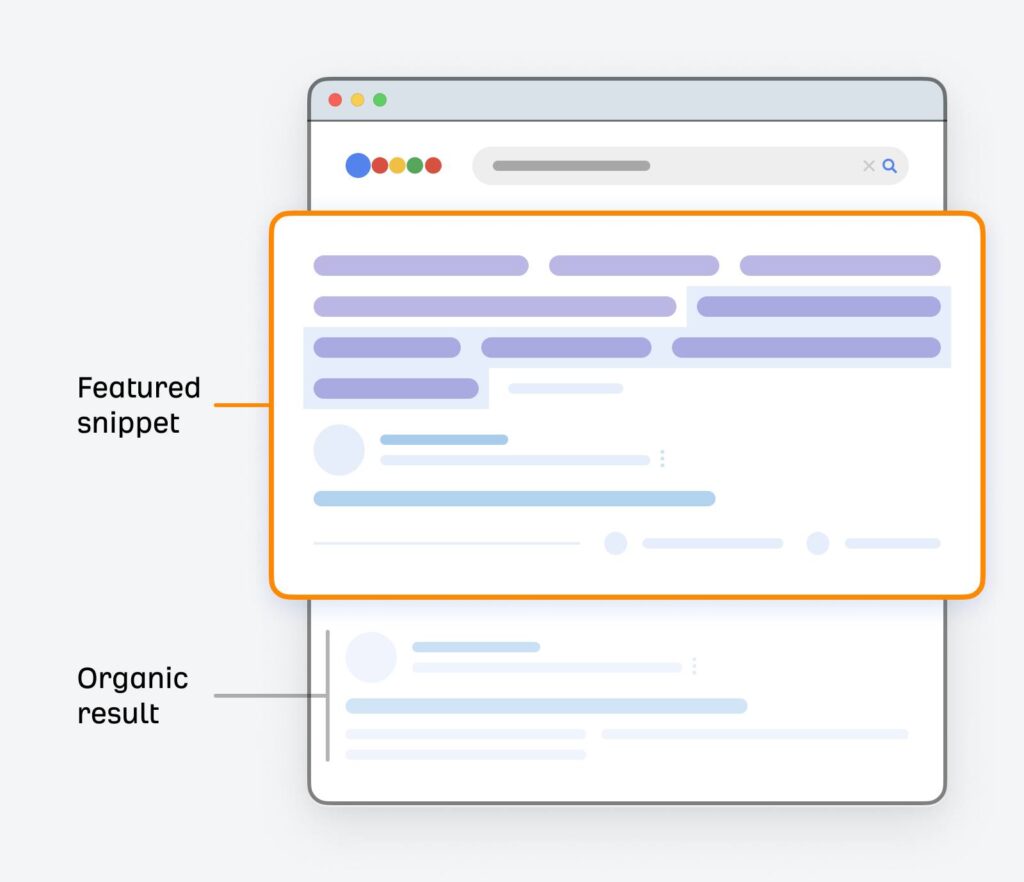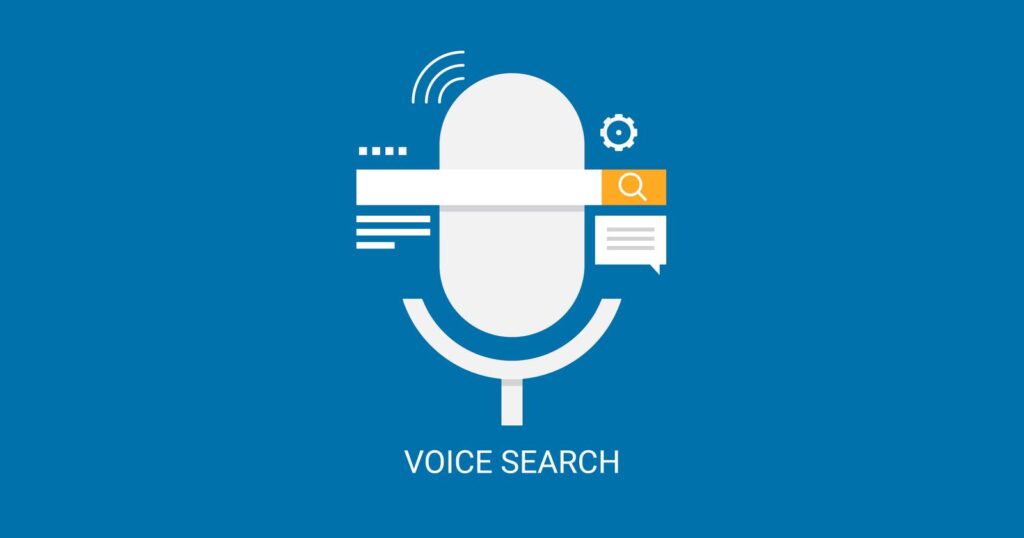Our technical SEO services enhance a website’s infrastructure to improve its search engine ranking. We focus on optimizing site speed, mobile usability, and crawlability.
Technical SEO is crucial for any website looking to rank higher on search engines. It involves optimizing the backend structure of your site, making it easier for search engine bots to crawl and index your pages. Fast loading speeds, mobile-friendliness, and secure connections are some of the key factors.
A well-optimized site ensures better user experience, which can lead to higher engagement and lower bounce rates. By addressing technical issues, your website becomes more accessible and performs better in search results, ultimately driving more organic traffic. Investing in technical SEO can significantly impact your online visibility and business growth.

Introduction To Technical SEO
Technical SEO is the process of optimizing a website. It helps search engines crawl and index your site. This is crucial for better search engine rankings. Without proper technical SEO, other SEO efforts may fail. It involves improving site speed, mobile-friendliness, and security. Structured data and XML sitemaps are also part of technical SEO.
Technical SEO ensures that your website loads quickly. Fast websites provide a better user experience. Mobile users benefit from a responsive design. Secure websites gain trust from users and search engines. Proper indexing makes your content more discoverable. Technical SEO is the backbone of your overall SEO strategy.
Website Crawling And Indexing
Crawling is how search engines discover your website. Search engine bots visit your site and follow links. They read the content and gather data. This process is crucial for your site’s visibility. Ensure your site has a clear structure. Use a sitemap to guide the bots. This helps them find all your pages. Avoid broken links as they can confuse the bots. Regularly check your site’s crawlability. Use tools like Google Search Console for this purpose.
After crawling, search engines index your site. Indexing means storing your site’s information. This helps in retrieving it during a search. Use relevant keywords in your content. This improves your site’s indexing. Ensure your site has unique and valuable content. Duplicate content can hurt your indexing. Optimize your meta tags and descriptions. They play a big role in indexing. Regularly update your content to stay relevant.
Site Architecture Optimization
URLs should be short and clear. Use keywords in the URL for better SEO. Avoid using special characters or numbers. Hyphens are better than underscores. Keep the structure consistent across the site.
Internal links help users navigate your site. They also help search engines understand your content. Use descriptive anchor text for each link. Make sure every important page has internal links. Check for broken links regularly.
Page Speed Improvements
Page speed is very important for SEO. Faster load times improve user experience. Factors affecting load time include image size, server response time, and code efficiency. Large images can slow down your site. Compress images to make them smaller. A slow server will increase load times. Choose a reliable hosting provider.
Use tools to check your site’s speed. Google PageSpeed Insights is a popular choice. It provides a detailed report on your site’s speed. Another tool is GTmetrix. It offers insights and suggestions for improving speed. Pingdom is also useful. It shows load time and performance grades.
Mobile-friendliness
Mobile-friendliness ensures websites perform well on smartphones and tablets. Technical SEO services optimize sites for seamless mobile experiences, enhancing user engagement and search rankings.
Responsive Design
A responsive design adjusts to all screen sizes. This ensures the site looks good on phones and tablets. Users enjoy a smooth experience. Google ranks sites higher with responsive designs. This helps your site gain more visitors. Responsive design is key for technical SEO.
Mobile-first Indexing
Google’s mobile-first indexing means they use the mobile version of your site for ranking. Sites must be mobile-friendly to rank well. Mobile-first indexing is now the norm. Ensure your site is optimized for mobile users. This helps improve your search engine ranking.
Structured Data And Schema Markup
Structured data helps search engines understand your content. It can improve your site’s visibility. Rich snippets attract more clicks. This leads to higher traffic. Users get better search experiences. Your site may appear in special search features. This includes carousels and knowledge panels. Structured data can boost your SEO efforts.
Schema markup uses a specific vocabulary. It helps search engines understand your data. Adding schema markup to your HTML is easy. You can use tools like Google’s Structured Data Markup Helper. These tools help generate the code. Place the code in your website’s HTML. Ensure it covers all relevant content. Validate your markup using Google’s Rich Results Test. This ensures it works correctly. Regularly update your schema markup. This keeps your content relevant.
Security And Https
Ensure your website’s security with HTTPS, a key aspect of technical SEO services. Boost your search rankings and user trust.
Importance Of Https
HTTPS is very important for websites. It makes sure that data is safe. Users trust websites with HTTPS more. Search engines give better rankings to HTTPS sites. This means more visitors and better engagement.
Ssl Certificate Implementation
An SSL Certificate is needed for HTTPS. It encrypts data between the user and the server. This keeps information safe from hackers. Installing an SSL certificate is easy. Many hosting providers offer SSL for free. Always check for SSL installation guides. These guides help in setting up SSL properly.
Technical SEO Tools
Use Google Search Console to monitor your website’s performance. Check for indexing issues and see which keywords bring the most traffic. Screaming Frog is great for crawling your website. It helps to find broken links and duplicate content. GTmetrix analyzes your site’s speed and performance. It suggests improvements to make your site faster. Ahrefs provides insights into backlinks and competitor analysis. Understand your site’s link profile better with it. Moz Pro helps you track your rankings and find keyword opportunities.
Open Google Search Console and add your website. Submit your sitemap and check for coverage errors. Run Screaming Frog to scan your site. Look for errors and fix them. Use GTmetrix to test your site’s speed. Follow its recommendations to improve loading times. With Ahrefs, explore your backlink profile. Identify toxic links and disavow them. Use Moz Pro to track your keyword rankings. Find new keywords to target and optimize your content.
Common Technical SEO Issues
Broken links, slow page speeds, and duplicate content often plague websites. Effective technical SEO services address these issues, ensuring optimal site performance and search engine ranking. Properly structured data and mobile optimization also play crucial roles in enhancing visibility and user experience.
404 Errors
404 errors occur when a page cannot be found. These errors can hurt your SEO. Visitors may leave your site. Search engines may lower your ranking. Fixing 404 errors is crucial. Use tools to find broken links. Redirect them to relevant pages. This keeps users and search engines happy.
Redirect Chains
Redirect chains happen when one URL redirects to another URL, which then redirects again. This creates a long chain of redirects. These chains slow down your website. They confuse search engines. Fixing redirect chains is important. Simplify them into a single redirect. This improves site speed and SEO. Always check for new redirect chains regularly.
Future Trends In Technical SEO
Voice search is becoming more popular. Many people use smart speakers and voice assistants. Websites need to be optimized for voice queries. Users often ask questions in a natural way. Content should answer these questions directly. Websites should load quickly to improve the user experience.
AI and machine learning are changing SEO. Search engines use AI to understand content better. Websites with high-quality content rank higher. AI can predict user behavior and preferences. This helps in creating targeted content. Machine learning helps in analyzing large sets of data. This can improve SEO strategies.
Frequently Asked Questions
What Is Technical SEO Services?
Technical SEO services optimize your website’s backend. They improve site speed, mobile-friendliness, and crawlability, boosting search engine rankings.
What Are The 3 Types Of SEO Services?
The three types of SEO services are:
1. On-Page SEO: Optimizes individual pages for keywords and user experience.
2. Off-Page SEO: Focuses on external factors like backlinks and social signals.
3. Technical SEO: Improves site structure, speed, and crawlability.
What Does A Technical SEO Specialist Do?
A technical SEO specialist optimizes website infrastructure. They improve crawlability, fix errors, enhance site speed, and ensure mobile-friendliness.
How Much Do Technical SEO Jobs Pay?
Technical SEO jobs typically pay between $300 and $500 monthly. Salaries vary by experience and location.
Conclusion
Effective technical SEO services boost your website’s visibility and user experience. Implementing these strategies can lead to higher rankings. Stay updated with our latest SEO practices to maintain your edge. Invest in technical SEO to ensure your website performs at its best.
Your online success depends on a solid technical foundation.






